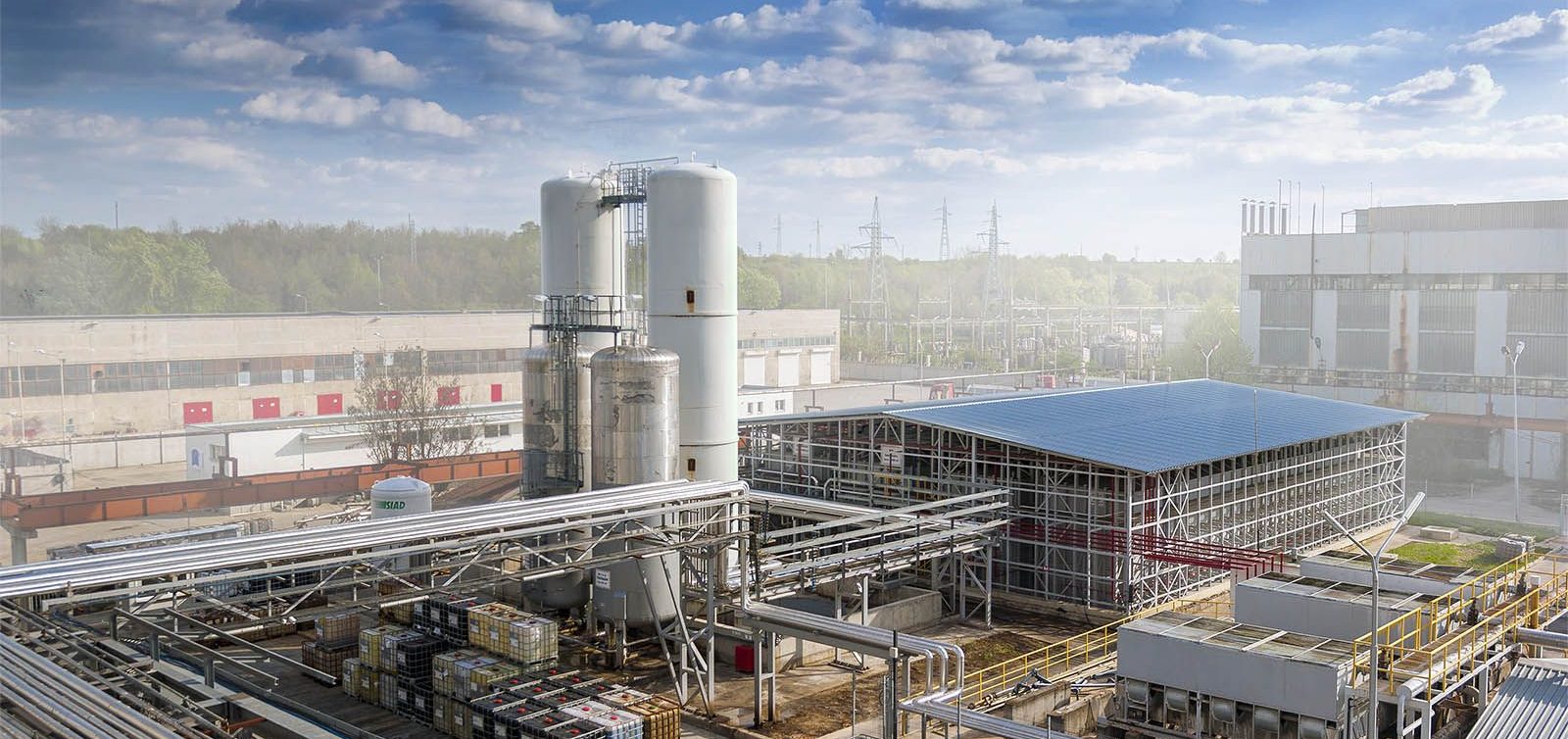By the domestic pollution control work, a large number of small and medium-sized terminal enterprises downstream of glycerol have been in a state of long-term shutdown. In such a depressed market, the price of epichlorohydrin is high, and glycerol-based enterprises are profitable and active in starting work. Their consumption of glycerol has greatly increased, which has become a highlight in the industry of glycerol upstream and downstream parade. From the data of 2018, epichlorohydrin industry accounts for about 50% of the downstream consumption of glycerol. In theory, the demand for glycerol in the cyclic chlorine industry will be greatly increased, which will lead to the improvement of the refined glycerol industry, but in fact, the refined glycerol factory is still under heavy pressure.
With the deepening of trade globalization, epichlorohydrin enterprises are closely linked with foreign crude and refined glycerol suppliers, and the advantages of refined glycerol enterprises in purchasing crude glycerol for refining sales are reduced. Most downstream epichlorohydrin enterprises mostly use purchasing crude glycerol as their own refining source or seeking refinery factories to process and directly purchase imported refined glycerol as raw materials. Production and other operation modes.
The first mode is to purchase crude glycerin from US dollars and refine it by itself. Many domestic enterprises of glycerol-based circling chlorine plants have their own matching glycerol refining units. The enterprises directly extract crude glycerol without the participation of refining plants.
The second mode is the substitute processing mode. Under this model, the proportion of products produced and sold by refined glycerol has been reduced obviously. Especially in East China, most refined glycerol enterprises basically have the business of processing on behalf of cyclic chlorine enterprises. Substitution processing has both advantages and disadvantages for refinery glycerol enterprises.
On the positive side, the model does not need to refine the enterprise’s own operating plate, which can ease the pressure of the enterprise to purchase raw materials and sell products. Domestic refinery glycerol factories are mostly private enterprises, with a small amount of cash available. When purchasing crude glycerol, it is often necessary to pay a deposit in advance and pick up the goods after full payment on arrival. In the period of low demand, the output products often suffer from poor sales, slow return of funds, and high demand for the amount of circulating funds of enterprises. This is alleviated by the mode of surrogate processing. After purchasing crude glycerol in the chlorine plant, the refinery will pay a certain processing cost for its production. The refinery only needs to do a good job of refining.
However, under such operation, the dominance of refinery will be weakened, and the dependence on users is very strong. Its start-up and profitability are directly linked to the rise and fall of the demand industry. The start-up of glycerol enterprises directly affects the production of refinery glycerol enterprises.
The third mode is to extract essential glycerol directly from downstream enterprises. Although the products of domestic refineries have stability and timeliness of supply, thanks to price and quality advantages, the proportion of downstream refineries using imported bulk water or liquid bags to refine glycerol has also increased, which also has a great impact on the survival of domestic refineries.
The situation of high dependence on crude glycerol import can not be changed, and the way of purchasing raw materials for downstream users is becoming more diversified, and the position of refinery enterprises in the upstream and downstream industry is becoming more embarrassing. How to develop domestic refined glycerine industry in the future is also a question that needs our consideration.

